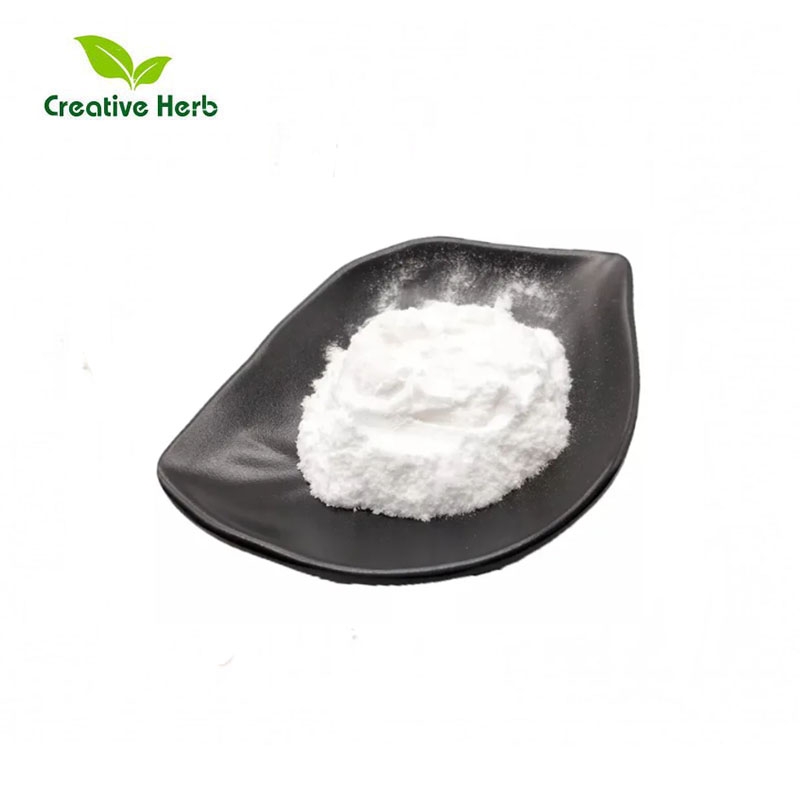Cancer cell: a new method to enhance the efficacy of immunotherapy for colorectal cancer
-
Last Update: 2019-04-28
-
Source: Internet
-
Author: User
Search more information of high quality chemicals, good prices and reliable suppliers, visit
www.echemi.com
April 28, 2019 / Biovalley / researchers from the Anderson Cancer Center at the University of Texas found that the common oncogene KRAS may explain why most patients with metastatic colorectal cancer (CRC) cannot respond to the treatment of immune checkpoint blockade (ICB) The study, published in cancer cell recently, showed how KRAS, a key mutation in CRC, can promote cancer metastasis by controlling the immunosuppressive ability of tumor microenvironment The results reveal how KRAS and its downstream target genes interact, which provides support for further study of a new method to enhance ICB therapy Source: cancer cell CRC is the leading cause of cancer mortality worldwide About 20% of the patients had metastatic disease at the time of diagnosis Although the treatment has improved, only 12% of the patients can live to 5 years It is very important to find a new effective treatment or improve the standard nursing treatment Ronald a depinho, MD, said: "most colorectal cancer patients have no response to ICB treatment, so we need to study the mechanism, explore targeted treatment and ICB combined treatment Our study established the important role of KRAS in regulating immune microenvironment and primary ICB resistance in advanced CRC " Using a genetically engineered mouse model, depinho's team demonstrated how KRAS regulated gene interferon regulatory factor 2 (IRF2) drives immunosuppression and immunotherapy resistance in CRC They found that KRAS inhibited the expression of IRF2, leading to the overexpression of a protein coding gene called C-X-C motif chemokine ligand 3 (cxcl3) Cxcl3 binds to its receptor CXCR2, which is present in MDSC and promotes immunosuppression and metastasis The researchers found that restoring IRF2 expression by targeting the cxcl3-cxcr2 signaling pathway or therapeutic inhibition of MDSC could increase the sensitivity of CRC to ICB therapy "This kras-irf2-cxcl2-cxcr3 axis provides an indicator to determine which patients may have better response to ICB, and may identify combination therapy to enhance the effectiveness of ICB treatment," depinho said In metastatic colorectal cancer, KRAS mutation may still be a predictor of ICB resistance mediated by IRF2 inhibition Our study suggests that the combination of CXCR2 inhibitors and ICB may be beneficial for patients with advanced CRC who do not respond to current nursing immunotherapy standards " Reference: Ronald a depinho et al Kras-irf2 axis drives immune supply and immune therapy resistance in colorectal cancer Cancer cell Doi: https://doi.org/10.1016/j.ccell.2019.02.008
This article is an English version of an article which is originally in the Chinese language on echemi.com and is provided for information purposes only.
This website makes no representation or warranty of any kind, either expressed or implied, as to the accuracy, completeness ownership or reliability of
the article or any translations thereof. If you have any concerns or complaints relating to the article, please send an email, providing a detailed
description of the concern or complaint, to
service@echemi.com. A staff member will contact you within 5 working days. Once verified, infringing content
will be removed immediately.







